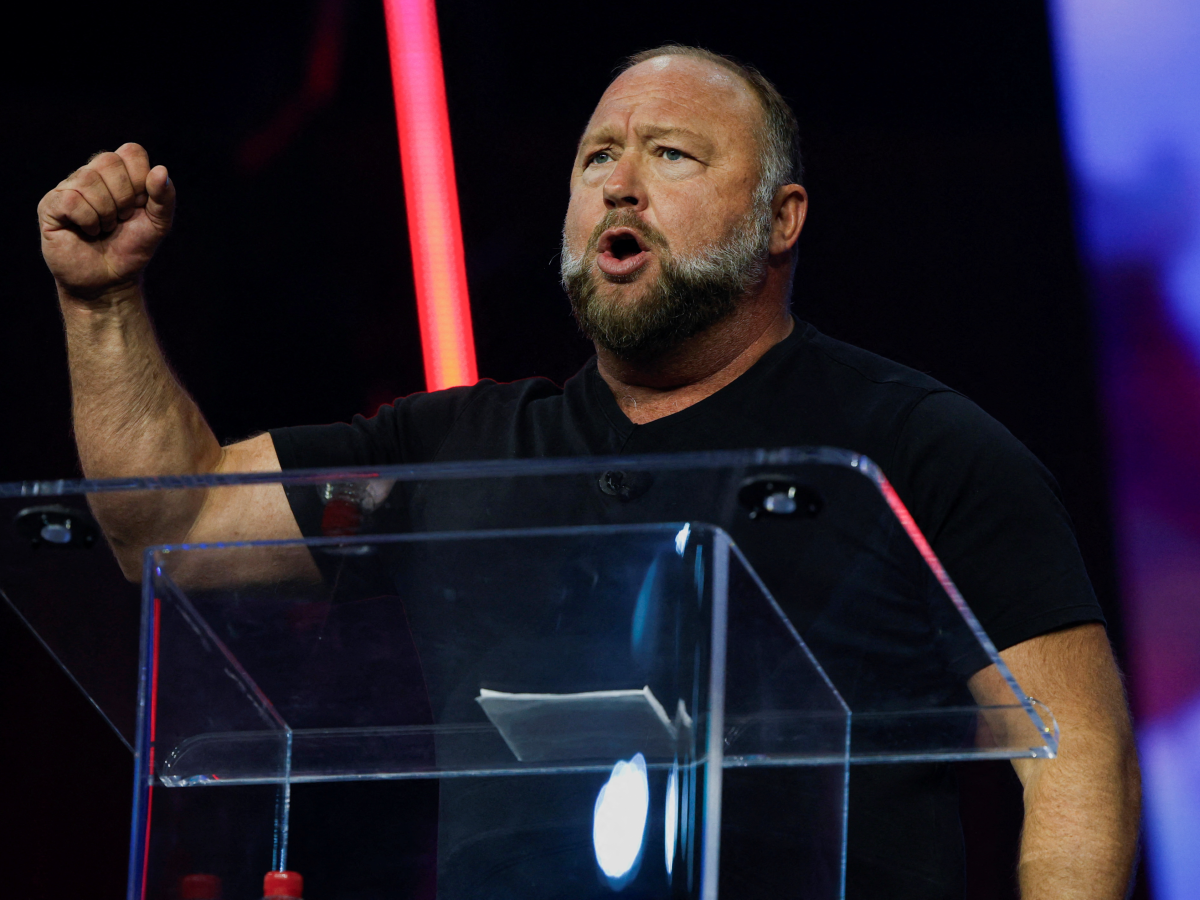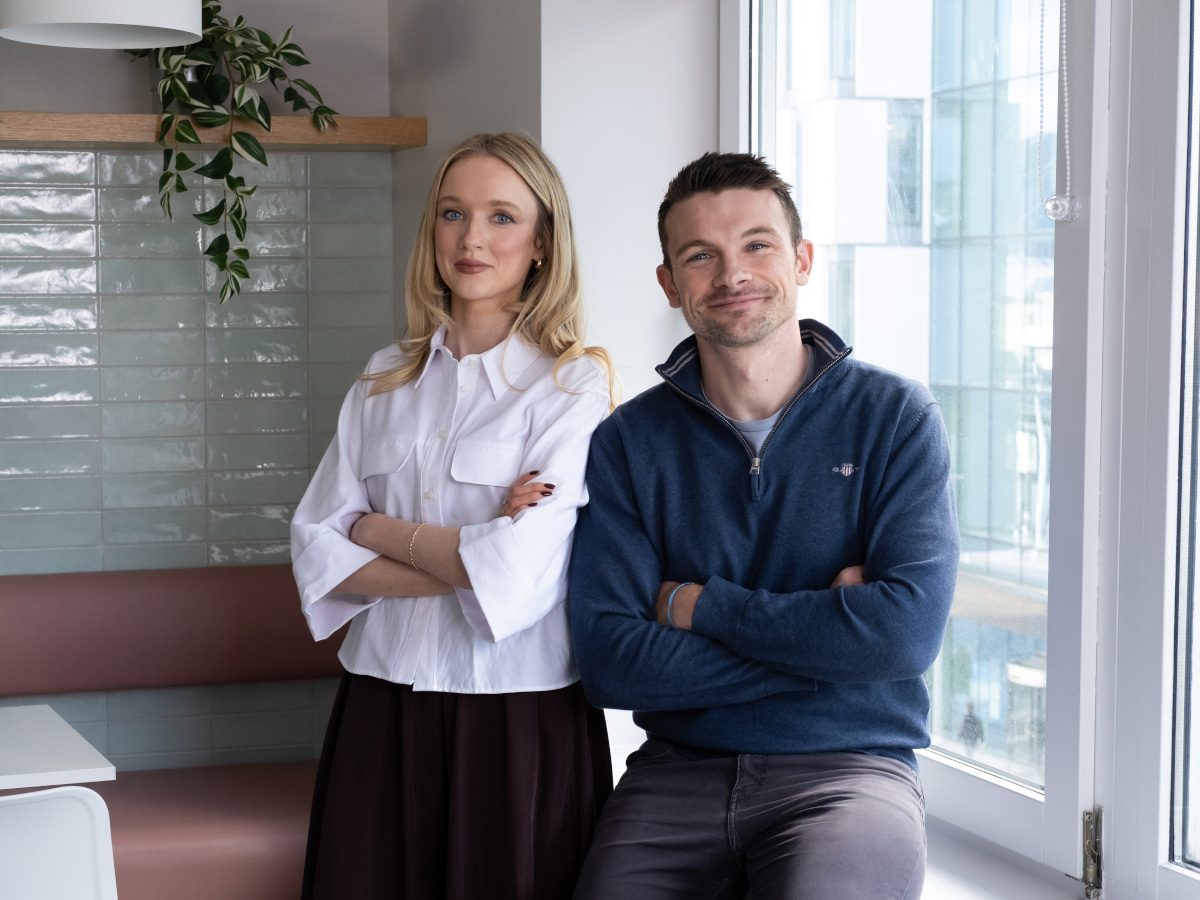When the commercial space opened up next to Alma Cocina Latina, a popular Venezuelan restaurant on Charles Street in Baltimore, its owners envisioned opening a second eatery. In Silver Spring, the couple behind a Black-owned Maryland wine company wanted to broaden its distribution to new markets and open a tasting room.
Both expansion plans require capital, notoriously hard for small businesses to secure quickly. But in both cases, though in different regions and different industries, the owners turned to Crowd Fund Baltimore to raise the money they needed.
There are other small-business-focused crowdfunding platforms in cities across the country, but Crowd Fund Baltimore, which kicked off earlier this year, appears to be the first of its kind in Maryland.
Popular crowdfunding platforms like Kickstarter and Indiegogo have for years helped entrepreneurs generate funding for inventions, brick-and-mortar stores and even television shows. Maryland is home to over 625,000 small businesses with fewer than 20 employees, according to the U.S. Census Bureau.
When the COVID-19 pandemic hit, Stephanie Geller, founder of Community Wealth Builders, a nonprofit that promotes community wealth-building strategies, wanted to help local business owners survive and grow. From her own experience, she knew that entrepreneurs hear a lot of no’s from banks and venture capital firms, even in times of emergency. So, she thought, if you can’t turn to traditional routes for assistance, why not turn to your neighbors?
Crowd Fund Baltimore is a partnership between the Community Wealth Builders program, the Maryland Neighborhood Exchange and Crowdfund Main Street, a national business investment platform.
“We realized, wow, we have a tool that could help any local business get capital for anything it needed,” Geller said. “What was supposed to be a relatively small program suddenly became this large program.”
From 2020 to present, The Maryland Neighborhood Exchange, a Community Wealth Builders program, has helped business owners find grassroots funding and educated potential investors. So far, Geller said, the program has helped 89 businesses raise $6.1 million from 13,000 small investors through investor platforms like Kiva, Honeycomb Credit and, as of February, Crowd Fund Baltimore.
Crowdfunding is a pathway to raising capital for a business venture. A large number of individuals invest a small amount of money, which is then pooled together to help a company reach its goal.
It’s a necessary alternative for small businesses and entrepreneurs because large banks approve fewer than half of business loan applications, according to the Federal Reserve of Kansas City, which oversees the Fed’s small business lending survey. And although entrepreneurs have better luck with small- and medium-sized banks, there are no guarantees.
Business partners Irena Stein and Mark Demshak of Alma Cocina Latina were the first to use Crowd Fund Baltimore, shortly after the program launched earlier this year.
Stein and Demshak wanted to raise $124,000 to open Candela, an arepa bar serving Venezuelan flatbread, next door to their Station North hot spot, which opened there in 2015.

“I knew about GoFundMe, but I didn’t know anything about crowdfunding,” Stein said. “There’s a strong philosophy behind the crowdfunding. It’s a very different way to set up funds for a business in the sense that you involve the community. The community becomes investors in your business and their neighborhood.”
Stein and Demshak raised $80,750 through 66 investors.
Jon’ll and Matthew Boyd of Boyd Cru Wines, one of the only Black-owned wine companies in Maryland, started their funding campaign in late March with a maximum goal of $124,000. The Boyds secured nearly $121,000 with 93 investors who will receive a portion of Boyd Cru Wines’ revenue and gifts, depending on how much was invested.
They considered using other crowdfunding platforms but chose Crowd Fund Baltimore because, like their own business, it is committed to Maryland.
“We’ve had our community as part of this journey from the very beginning, so why would we not then continue with having them be part of this where they can now have a stake in our success and grow with us?” Jon’ll Boyd said.
They said they plan to use the capital to hire a distributor so their wines can reach markets outside of the mid-Atlantic region, hire several employees and open a tasting room at a location to be determined.
“I feel like this whole experience has been a gift,” Boyd said. “We had no idea that by taking a leap of faith that this how it would impact our community.”
Business investing has long been limited to the wealthy or accredited investors — those with a net worth of over $1 million, excluding a home, or who earn more than $200,000 a year.
Geller said she wanted to solve issues she saw on other crowdfunding platforms by eliminating fees and adding more customization.
Crowd Fund Baltimore opens the door to investors who don’t typically meet the accredited investor requirements or may be dissuaded by high fees.
By partnering with Michelle Thimesch, attorney and CEO of the Crowd Fund Mainstreet, Crowd Fund Baltimore gets dedicated resources.
In order to legally invest in a business through crowdfunding, investors must use a portal that is regulated by the Securities and Exchange Commission. Crowd Fund Mainstreet, which is SEC-registered, provides the legal component and back-end support for Crowd Fund Baltimore to be a localized investor portal. It also works with Missoula’s Center for Community Ownership in Montana, providing the same service for Crowdfund Montana.
Geller said Community Wealth Builders and its projects like Crowd Fund Baltimore could be even more effective if they received additional backing from local philanthropists.
“Just think about the potential,” Geller said of her crowdfunding project. “If everyone who had savings and investments just shifted a tiny percent to local businesses, think of how impactful that could be.”

